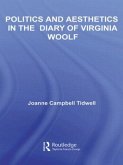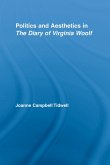
eBook, PDF
7. Februar 2008
Taylor & Francis eBooks
eBook, ePUB
7. Februar 2008
Taylor & Francis eBooks
Gebundenes Buch
Understanding Statecraftiness
21. November 2024
Taylor & Francis
Ähnliche Artikel
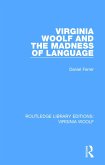
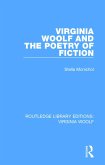
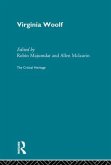
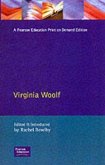
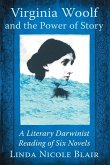
Broschiertes Buch
A Literary Darwinist Reading of Six Novels
28. Februar 2017
McFarland
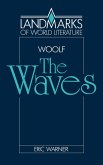
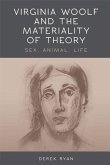
Broschiertes Buch
Sex, Animal, Life
1. September 2015
Edinburgh University Press
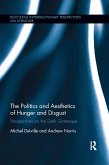
Broschiertes Buch
Perspectives on the Dark Grotesque
10. Dezember 2019
Routledge
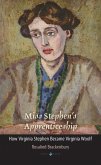
18,99 €
Versandfertig in über 4 Wochen
Broschiertes Buch
15. März 2018
University of Iowa Press
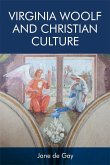
Ähnlichkeitssuche: Fact®Finder von OMIKRON

